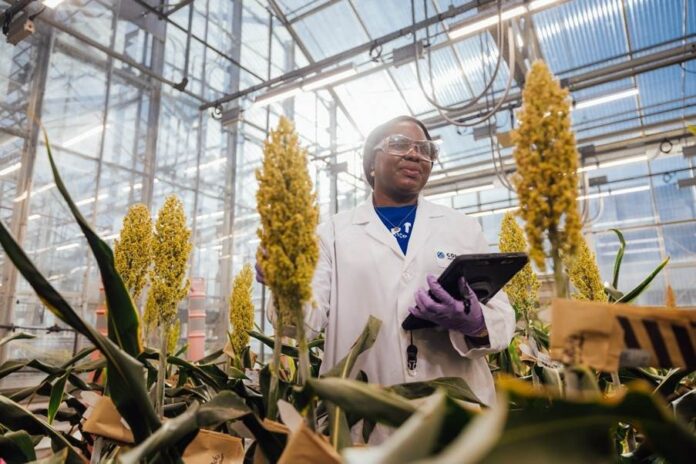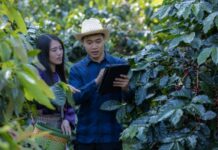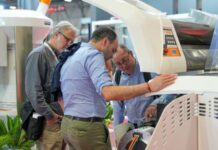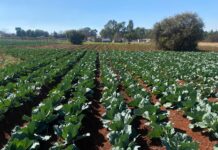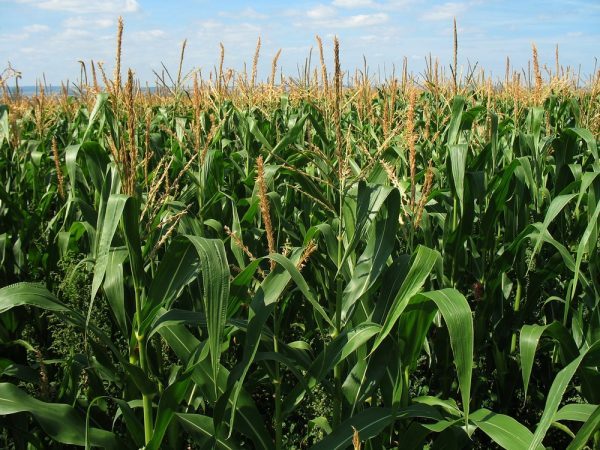Corteva Agriscience is deepening its commitment to agricultural innovation in South Africa through strategic partnerships with premier research institutions and leading universities. These collaborations span initiatives in crop science, pest management, sustainable farming and cutting-edge breeding techniques.
Each initiative is designed to address the unique challenges faced by South African farmers while boosting productivity and promoting sustainable practices. These efforts align with Corteva’s global sustainability goals, which include improving soil health, enhancing yield stability and reducing emissions to ensure long-term environmental stewardship.
Translating Research into Impact
Corteva’s research collaborations in South Africa are already delivering tangible, on-the-ground benefits. Climate-resilient seed varieties, developed using advanced genomic tools, are improving farmers’ capacity to manage the effects of drought and increasingly erratic weather patterns.
Corteva’s partnership in the Seed Production Technology for Africa (SPTA) initiative will help local seed producers adopt a novel non-GM trait that enables more efficient and accurate hybrid maize seed production. By reducing the need for manual detasseling and ensuring high genetic purity, this technology makes high-quality maize hybrids more accessible and affordable for smallholder farmers across the region, supporting both food security and economic development.
Strengthening Research and Infrastructure
Corteva operates four key research and development facilities in South Africa. This includes the Delmas Africa Technology Hub, which houses genomics and digital phenotyping tools. The Potchefstroom multi-crop research centre focused on stress tolerance. In Rosslyn, Pretoria, the Centre for Seed Applied Technologies (CSAT) develops advanced seed treatments suited to local conditions. A fourth site in Kroonstad supports seed production through quality testing and parent-seed development.
These investments support infrastructure development and knowledge transfer, ensuring South African researchers and farmers benefit from world-class scientific tools and techniques. It enables Corteva’s ability to deliver locally adapted innovations to farmers.
Precision Breeding and Genomics
Corteva’s commitment to precision breeding is showcased in several South African initiatives. By integrating marker-assisted breeding, genomic selection, artificial intelligence and digital phenotyping, local teams accelerate the development of high-performing crop varieties with enhanced resilience. These efforts directly address regional pressures such as climate variability, drought and pest incidence.
Advanced biotechnology, including CRISPR-Cas9 gene editing, increases genetic diversity for selection by making precise changes to a plant’s own DNA without introducing foreign genes, as is the case in GMO’s. Corteva collaborates with local and international partners to demonstrate practical benefits from these advanced breeding techniques to improve sustainable agriculture and grow healthy and nutritious food.
As Corteva is championing open innovation in new breeding techniques it is making its CRISPR‑Cas9 systems available under license to universities and research groups, often royalty-free for non-commercial, humanitarian-driven research. This approach fosters collaboration between corporate, academic, and public research entities
Policy Engagement and Stakeholder Alignment
Corteva also works actively with government, academia and industry to support a policy environment that enables the use of new breeding techniques. Through ongoing engagement with key players in the agricultural sector, it contributes to efforts promoting regulatory clarity. Corteva supports inclusive stakeholder engagement to help shape balanced and forward-looking regulatory outcomes in South Africa.
As agriculture confronts the intertwined challenges of climate change, growth and resource constraints, Corteva’s alliance-based approach delivers locally relevant innovations that balance productivity, environmental care, and inclusive development. It is through ongoing collaboration that these research-driven solutions will truly take root, ensuring South Africa’s agricultural sector thrives today and into the future.


